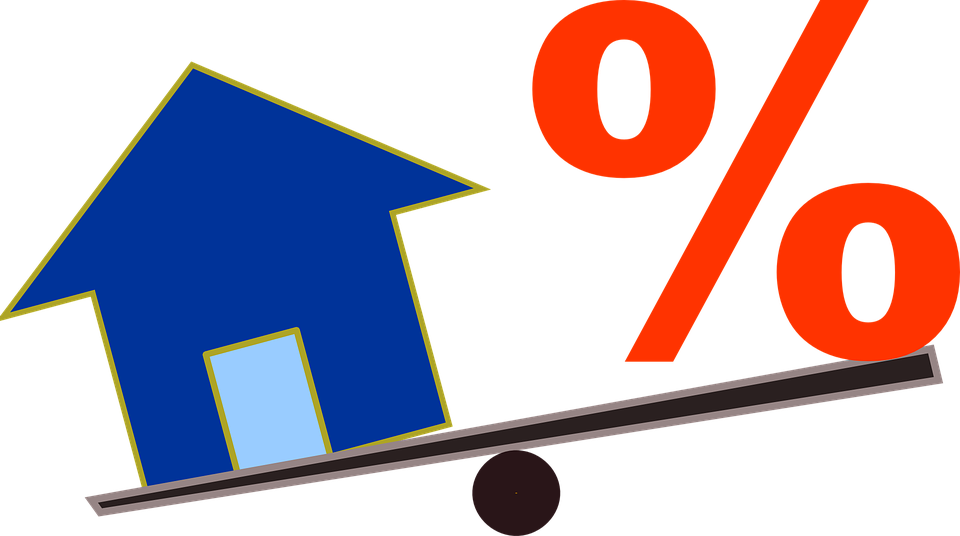The average UK house price rose for the fifth month in a row to hit a new record high of £272,992 in November, says the latest index from Halifax.
This means a monthly change of 1% and an annual growth rate of 8.2%.
Halifax also notes that the quarterly change – up by 3.4% – is the highest seen since late 2006.
In Wales specifically, yearly growth totalled 14.8%, leading to the average house price in the country pushing past £200,000 for the first time ever.
And Scotland saw significant yearly growth, too. Here, the average house price went up by 8.5%, putting the average house price at £191,140 – also a newly minted record.
Get in touch with Mortgage Broker UK today to discuss your residential and Buy to Let Mortgage requirements.
The report states that since March 2020, which it deems the start of the pandemic, house prices have increased by £1,691 a month on average, a total of £33,81 so far.
Halifax managing director Russell Galley believes that a stock shortage is driving the market, with a “strong labour market and keen competition among mortgage providers keeping rates close to historic low.”
He also points out that for first-time buyers, house prices have increased by 9.1% over the year compared to 8.8% for homemovers.
“We see this across different property types too,” he says, “with double-digit annual price inflation for flats (10.8%) over the last year compared to slower gains for detached properties (6.6%).
“This could suggest the ‘race for space’ is becoming less prominent than it was earlier in the pandemic, with industry data also showing the overall number of completed transactions has fallen back since the end of the stamp duty holiday.”
On the subject of flat prices outpacing that of houses, Hargreaves Lansdown personal finance analyst Sarah Coles says: “There are a few forces at play here. The ‘fear of missing out’ plays its part.
She explains: “Once prices start to rise quickly, anyone trying to get onto the property ladder starts to feel that unless they buy soon, prices will rise out of the reach of their deposit. It means they’re asking for help – both from government schemes like the Lifetime ISA and Help to Buy equity loan, and from their families.
“The Bank of Mum and Dad have seen the value of their own home rise, so they’re more comfortable about dipping into the equity in order to find a deposit for their offspring.
Read about the UK Housing Market via our Specialist Residential & Buy to Let Division
“And once they have the deposit in place, rock bottom mortgage deals are a major attraction, because first timers can fix at such low rates that it makes their monthly payments manageable.”
Coles continues: “But it’s not just first timers. Some of these smaller properties are likely to be second homes and buy-to-lets.”
This is a view shared by UK Finance, which just yesterday stated that an increasing amount of equity being withdrawn peaked in June 2021 – at the same time as when house purchasing activity was at its highest.
The peak amount being withdrawn – £106,000 – “together with the timing of this peak, suggest strongly that much of this has indeed been used to fund or part-fund additional property purchases,” UK Finance comments.
Quilter mortgage expert Karen Noye says: “At this stage, two months post stamp duty holiday withdrawal, it was hoped we might finally see a downtick in house prices.
“The still rising prices demonstrates that while the scheme did have an impact on house prices, it was not the only driver. The race for space appears to still be going strong, and when combined with the current demand outweighing supply, prices are still being pushed higher.
“Interest rates will be key over the coming months, and an increase would push mortgage rates up which will likely put potential buyers off. However, the new Omicron variant may have thrown a spanner in the works of any major changes planned by the Bank of England, meaning we are unlikely to see a rate rise just yet.
“While that may be the case, rock bottom mortgage rates are likely to creep up as an interest rate rise is still anticipated, it is just a question of when.
“Those waiting out the housing market boom in hopes of lower prices will likely have to wait a while longer yet.
“Regardless of whether house prices begin to drop, the likely increase in mortgage rates will contribute further towards the unaffordability of homeownership.”
By Gary Adams
Source: Mortgage Finance Gazette
Discover our Mortgage Broker services

